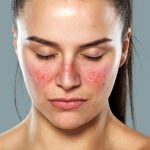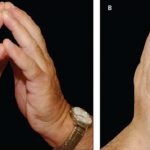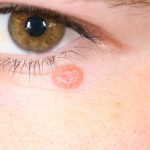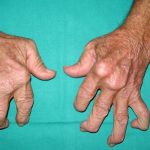Sleep Deprivation

Sleepless nights are a hallmark symptom of perimenopause. The depletion of estrogen and progesterone makes stress hormones rise, triggering the fight-or-flight response in the brain. The response means you are more alert during the evening when you would usually be tired. You might struggle to go to sleep, and you will potentially find yourself waking up in the middle of the night, suddenly wide awake. Sometimes, this restless pattern is accompanied by night sweats, hot flashes, and headaches.
Many women find relief from sleep deprivation by exercising regularly and taking melatonin supplements before their bed time to get quality shut-eye. Some will even take up practices in restorative yoga, meditation, and deep breathing practices to help the body relax before going to bed. Deep breathing, however you choose to do it, combats the sympathetic nervous system that has control over adrenaline and switches on the parasympathetic system that is on when the body is relaxed.
More relaxation means better sleep for you!
More from Things Health
-
10 Early Signs of Lupus
Lupus is categorized as an autoimmune disease wherein the immune system turns upon itself and attacks various parts of its body, including the joints, the…
-
6 Warning Signs of Pre-diabetes
Diabetes is without a doubt one of the most common diseases in the United States. According to the American Diabetes Association, almost 10 percent of…
-
Signs and Symptoms of Liver Damage
There are a variety of different causes of liver damage. For some, it is caused by genetics, making an individual prone to it, exposure to…
-
Warning Signs and Symptoms of Non-Melanoma Skin Cancer
Non-melanoma skin cancer is a type of cancer that starts in the cells on the skin, the body’s largest organ. There are two type of…
-
Symptoms Of Rheumatoid Arthritis
Rheumatoid arthritis is a chronic autoimmune illness, which accompanies irritation of the joints and apparent deformities. Maybe a virus, causes an attack on the synovium…






